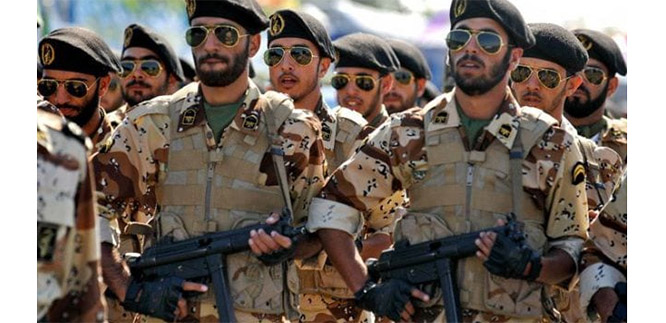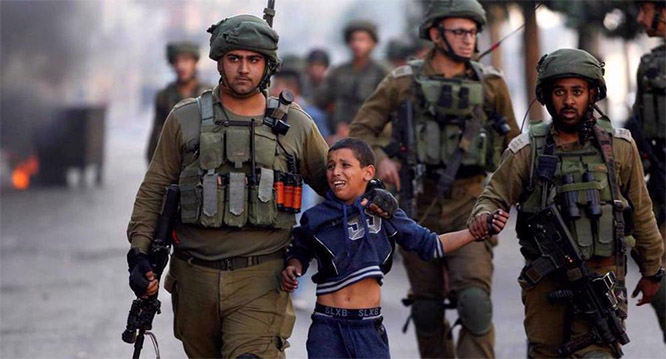London, Feb 23: Adel Al-Jubeir, Saudi minister of foreign affairs, said on Thursday that the nuclear deal with Iran was unacceptable because Tehran could not be trusted to not produce a nuclear bomb in the future.
The so-called “sunset clause” in the Joint Comprehensive Plan of Action (JCPOA) means that in eight to ten years’ time Iran could manufacture a nuclear bomb “within weeks.”
Addressing the foreign affairs committee of the European Parliament, Al-Jubeir said: “We believe the sunset provision is very dangerous. We don’t trust that Iran will not try (to make a nuclear bomb) eight to 10 years from now.
“By the time they kick out the inspectors and by the time the condemnations end, they’ll have one bomb,” he said. “By the time they get a resolution in the UN, they’ll have three bombs and by the time the resolution is in place they’ll have a dozen bombs. And we are right next to them.
“Our point is enough is enough. They need to start to act as a normal country. The revolution is over. If they want to be respected in the world they need to abide by the rules of the world.”
The sunset clause allows Iran to gradually increase production of centrifuges and uranium enrichment after eight to ten years.
Speaking in London at the Royal Institute for International Affairs at Chatham House a few hours earlier, Iran’s Deputy Foreign Minister Abbas Araghchi denied that the JCPOA contained a sunset clause, saying the deal made clear Iran’s “permanent” commitment to not having nuclear weapons.
But he insisted the nuclear deal still gave Iran the right to continue its ballistic missile program.
“We — that is Iran and the Joint Comprehensive Plan of Action participants — decided quite intentionally to de-link Iran’s nuclear program from any other issue. Otherwise if we had wanted to have a package — with ballistic missiles, regional issues — then we would still be in negotiations,” said Araghchi, who is also Iran’s chief nuclear negotiator.
“We were successful (in negotiating JCPOA) because we focused on one issue. It would be a big mistake if anyone tried to link the Joint Comprehensive Plan of Action to any other issue — to regional issues, to Syria or Yemen. Not only would we lose the JCPOA but it would not help those other issues.”
He accused the US of pouring “poison” on Iran by prevaricating over whether Tehran had complied with the terms of the nuclear deal.
“The US has created an atmosphere of uncertainty. This is like poison for the business community for Iran. This destructive atmosphere prevents banks, companies, entities from working with Iran.”
US President Donald Trump’s denunciations of the deal were “a violation of the letter and the text of the deal, not just the spirit.”
Iran had accepted some restrictions on its stockpiles of material as part of the deal to earn the trust of the other parties to the deal.
“We have accepted these limitations to our nuclear program to build confidence,” Araghchi said. “When these restrictions are finished it doesn’t mean Iran can go for the bomb.”
Araghchi told the Chatham House audience that while the nuclear deal “is a successful story for you — the West,” Iranians had not benefited greatly from the lifting of sanctions because of what he described as the suspicion and mistrust generated primarily by the US.







Comments
Add new comment